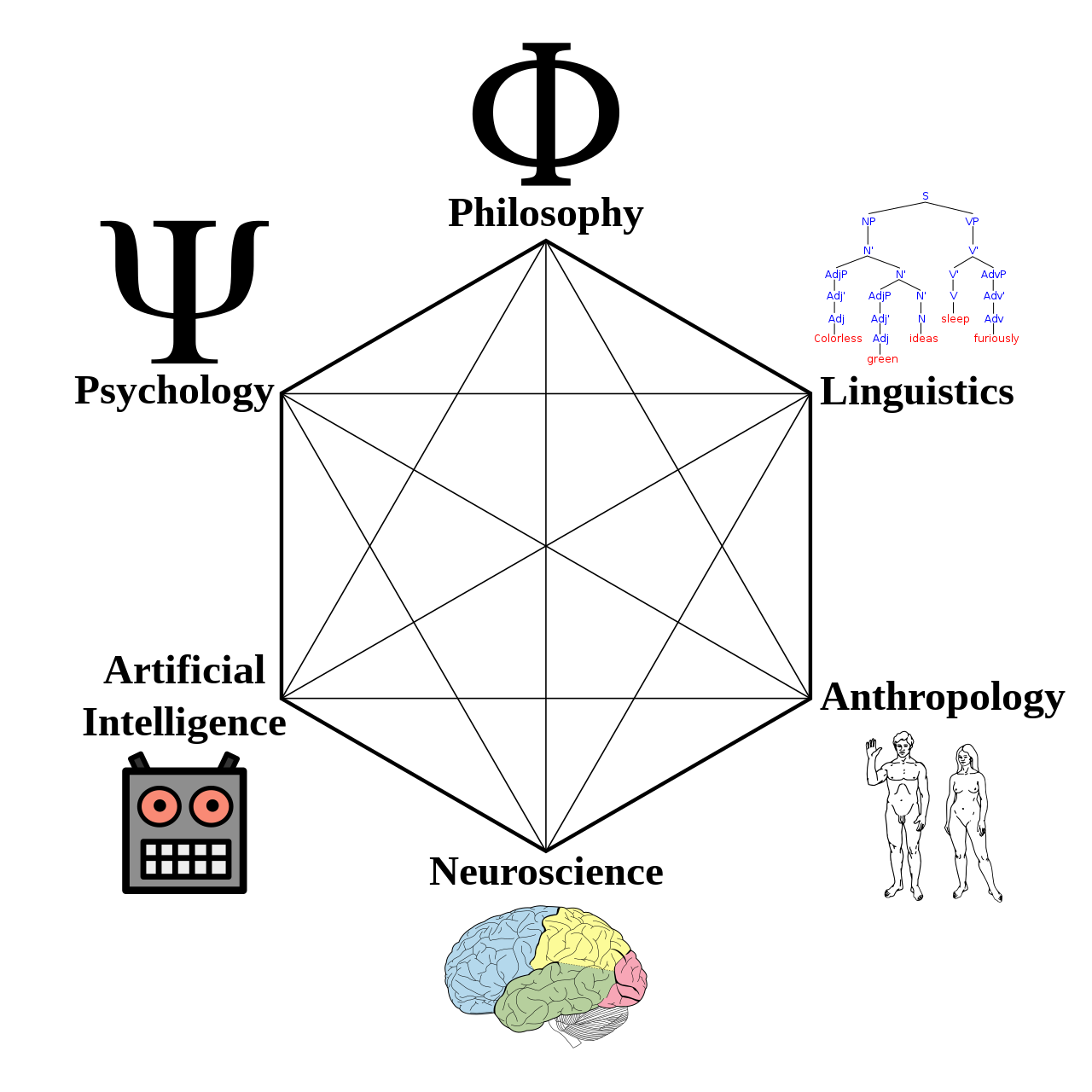L
LoveBeingHuman:)
With nurses and PA's taking some physician responsibilities, computers being built to taking some physician responsibilities, doctors being accused of giving tests and treatments for money, and the rise in number of medical school graduates, will job security in the field be compromised in the long run? I know that there is a physician shortage but, even after hours of research, I'm having a hard time connecting the dots.



